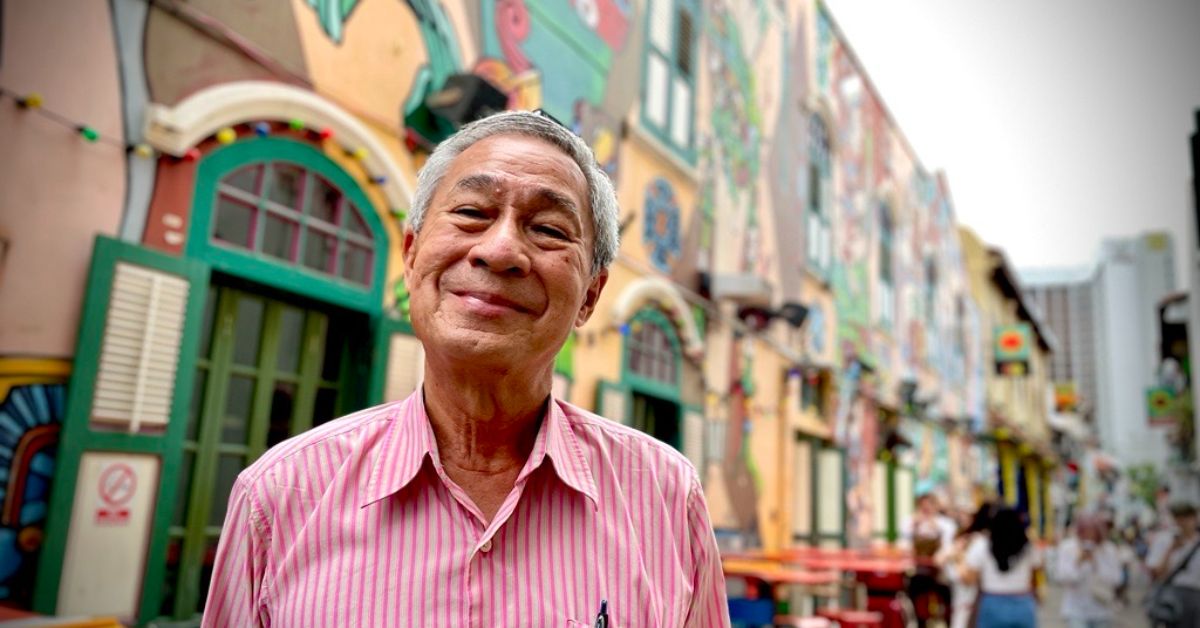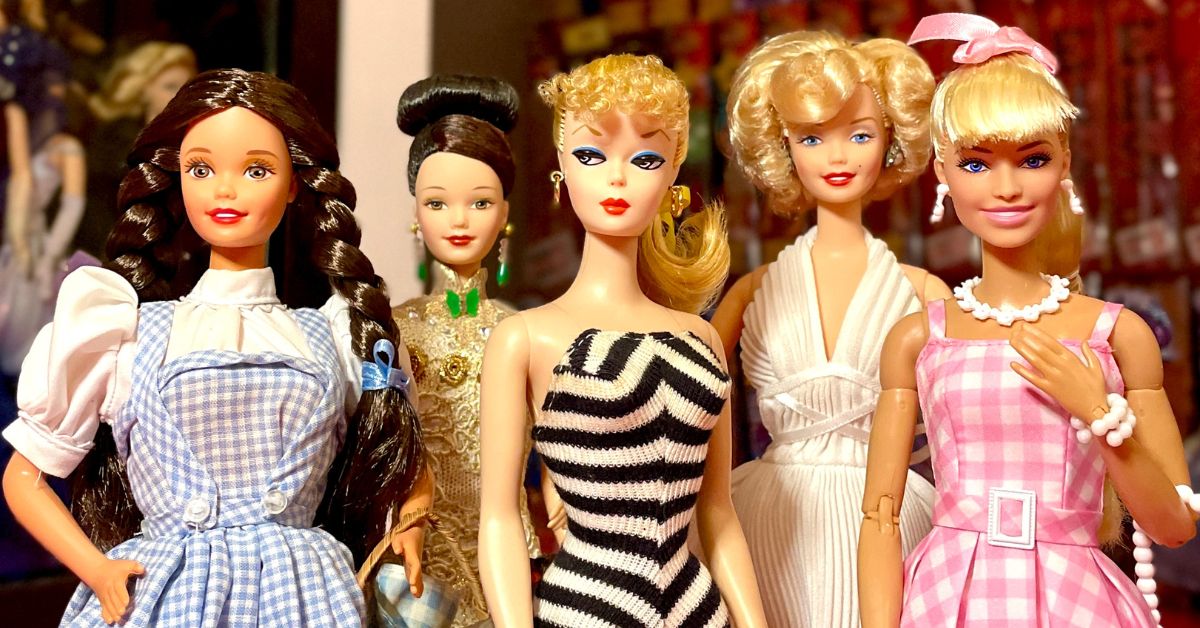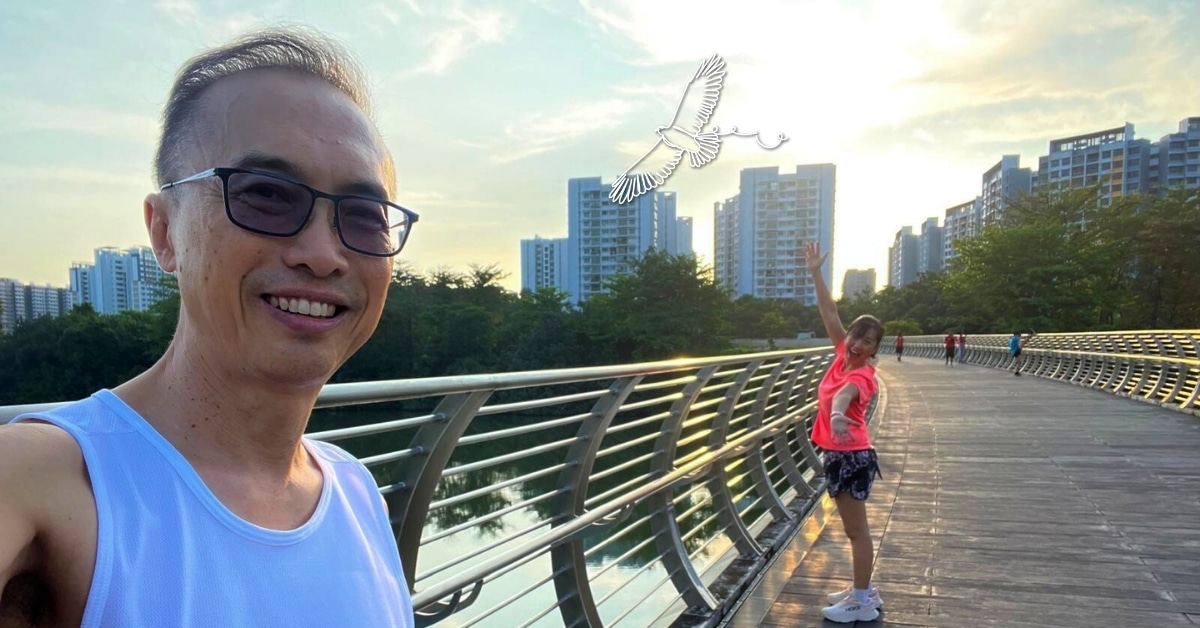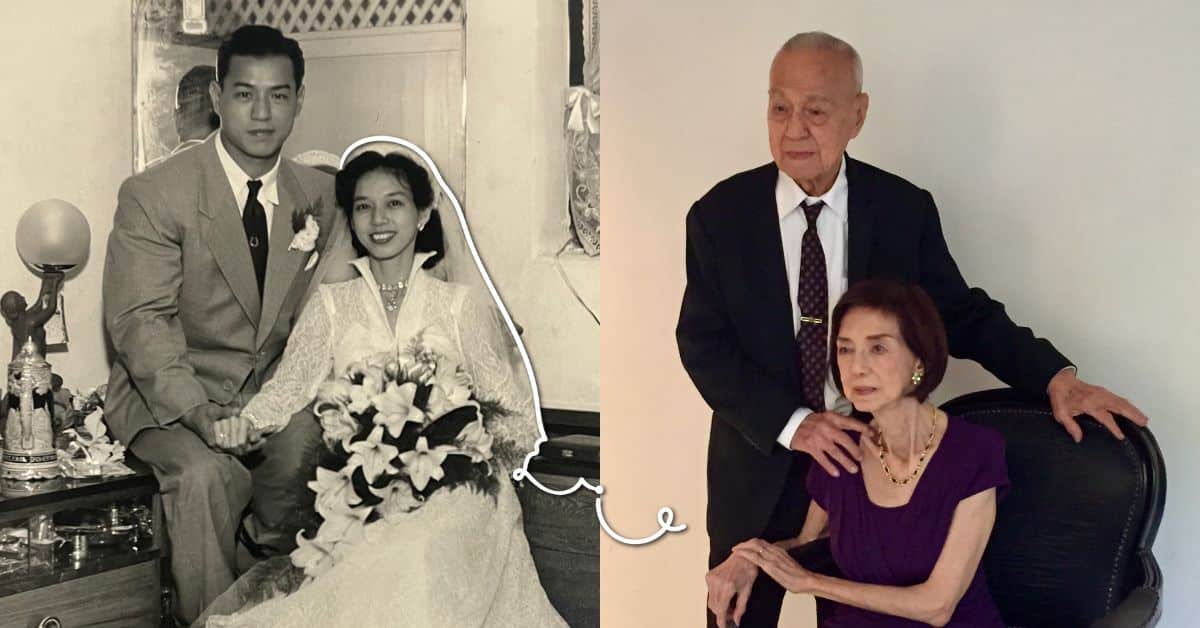
Don't grow old,
my father had said to me on more than one occasion.
He had begun to feel irrelevant in his retirement years. A gymnast and physical trainer in his youth, his strength and fitness were ebbing, and his vision had started to fail in his late 70s.
I didn’t have a clue then how to “don’t grow old”, but the answer began to shape itself as I lived with and watched over my parents to their end.
They had begun to grow old decades before they passed, five and seven years ago. Growing old for them was marked by a reluctance to try new things, have new experiences. A resistance to learn, to adapt to changes, to socialise and engage with life.
They hung on to the safe familiar, and saw their world shrink as the familiar changed with the landscape of a new Singapore. My brother and I grew up. He left home to venture into the world and got married. I remained with my parents and saw our roles slowly reverse.
Advertisement
Parenting your parents
From being the fount of wisdom and solutions, mom and pop came to me — to sort out a blown bulb or leaky tap, to explain what the news meant, chivvy them to see a doctor, manage their medical appointments, get cash from the ATM (they feared pushing the wrong button), for tech support on their mobile phones, which they hardly used, but through which I could know where they were.
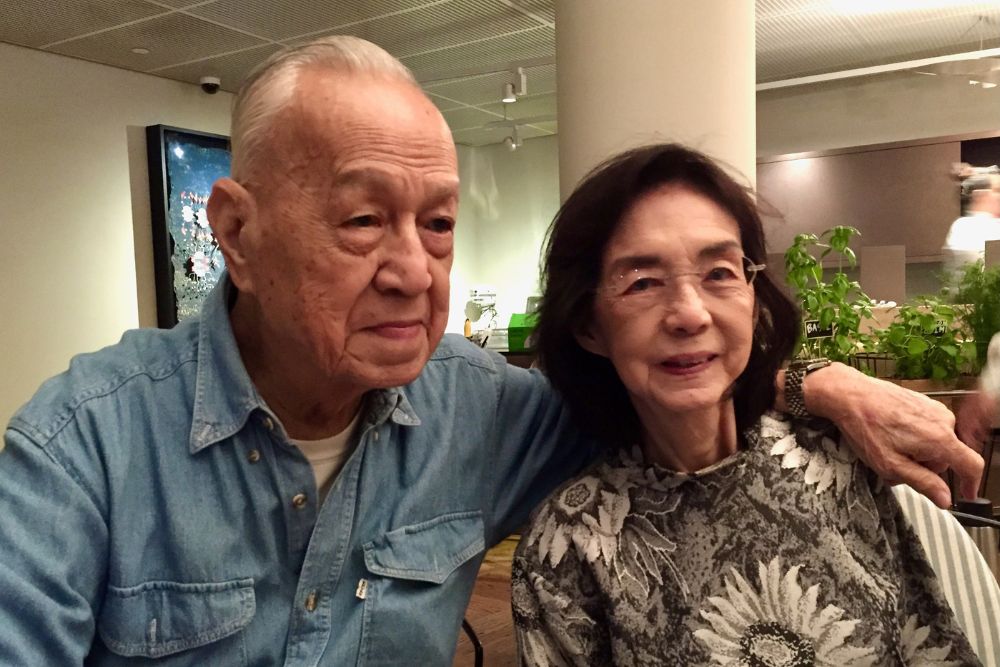
Credit: Kim Lee
I was fortunate with them. Apart from an issue with high blood pressure with my mom, the onset of frailty and stiffness of movement, and several falls that thankfully avoided breaking anything, my parents remained largely independent with daily living till their last weeks.
Pop was taken by a failing heart at 91, and mom was a month away from 90 when antibiotic-resistant pneumonia took her.
Watching them age gave me a glimpse into what the path ahead for me could look like. There were things I liked, and things I would change. What are they?
- Better health
Little was known about healthy habits in my parents’ formative years and adulthood, so they didn’t particularly practice good health habits. Pop may have been a physical trainer, but he smoked as many of his peers did, and my mom did not exercise. Neither of them were concerned about what they ate, although they did frown at their expanding waistlines. A 3-in-1 drink was a daily habit, and sweet drinks, as were refined sugary snacks. Sleep was haphazard.
Regular check-ups? What for? “Nothing wrong with me,” they’d say. It took a lot of persuading to get them to go for medical or dental check-ups.
In his last years, my dad had begun to show symptoms of worrisome brain dysfunction. He started to get lost on bus rides, and would ask the same question again and again. He struggled to comprehend new ideas or follow a line of thought.
Helping them live healthier in all ways I could conceive has taught me to adopt healthier everyday habits and to monitor my health to keep chronic illnesses (high blood pressure, high blood glucose, high cholesterol and dementia) at bay as long as possible.
- Keep learning
If you keep your brain sharp, learning new things is easier and fun! New learning and experiences keep us engaged with society and expand our world. Stop, like my parents did, and your world shrinks.
- Make new friends
Make young and old friends because, whether you like it or not, you are going to lose some of the friends you already have. Developing new relationships, learning how to get along with others, is also an extension of ‘keep learning’. And learning is fun and exciting.
- Keep moving to keep your muscles
I learnt about sarcopenia when I discovered how much muscle my parents were losing.
Mom would ask me to open jars for her, because my dad often couldn’t. She stopped doing the ironing because she couldn’t maintain her balance when opening the ironing board. Her favourite activity was watching television or checking out the 4D results. She would have easily qualified for the definition of sedentary — taking less than 6,000 steps a day.
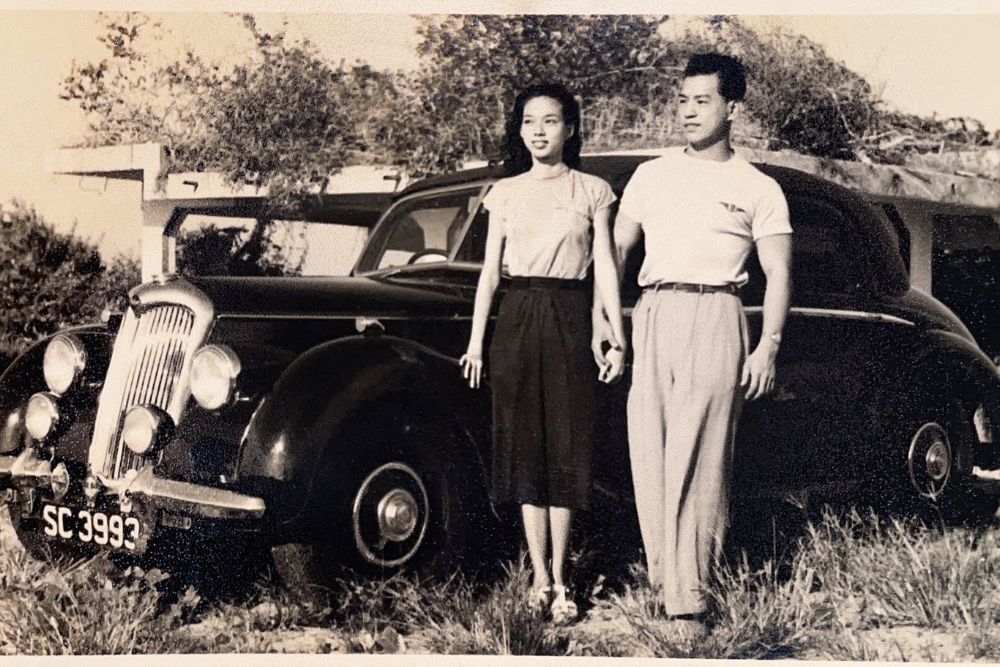
Credit: Kim Lee
And my father, for all his sporty youth, had not maintained his body. In his last decade, he too visibly shrank. He struggled to get off the sofa, and in and out of a car. He needed to stop for breaks, even on the 5-minute walk to the neighbourhood market. Sometimes, he’d fall while taking public transport, and come home bruised and bleeding.
It’s been mentioned in the internet-sphere that we need to see our last decade as a decathlon of functional events — walking with stability, lifting grocery bags, getting down on the floor with the grandkids and getting up from there, or on and off the sofa/toilet seat with ease, being able to lift our carry-on baggage into an aircraft’s overhead stowage, etc.
As with any physical pursuit, to be good at it, we need to train for these events ahead of time. I intentionally make movement a part of my lifestyle today. Movement is life.
- Eat better and learn to cook!
Cooking is a life skill, food is information for the cells of our bodies, and figuring out how to nourish ourselves well is new learning. We are made of the food we eat. Cooking educates us on what we are putting into our mouths. The more I learned about the food landscape, the more I learned to cook at home.
As a result, my mother’s longstanding blood pressure came down. Her doctor encouraged her to keep doing what she was doing — eating less refined carbs, having more leafy vegetables and quality protein. (I also exercised with her at home.)
I started to supplement their inadequate diets with vitamins and minerals. And although they complained about swallowing the capsules and pills, they continued to take them and remind me when they were running out. My dad’s paper-thin skin on his arms stopped bruising and tearing so easily. Perhaps the vitamin C helped?
- Take care of your teeth
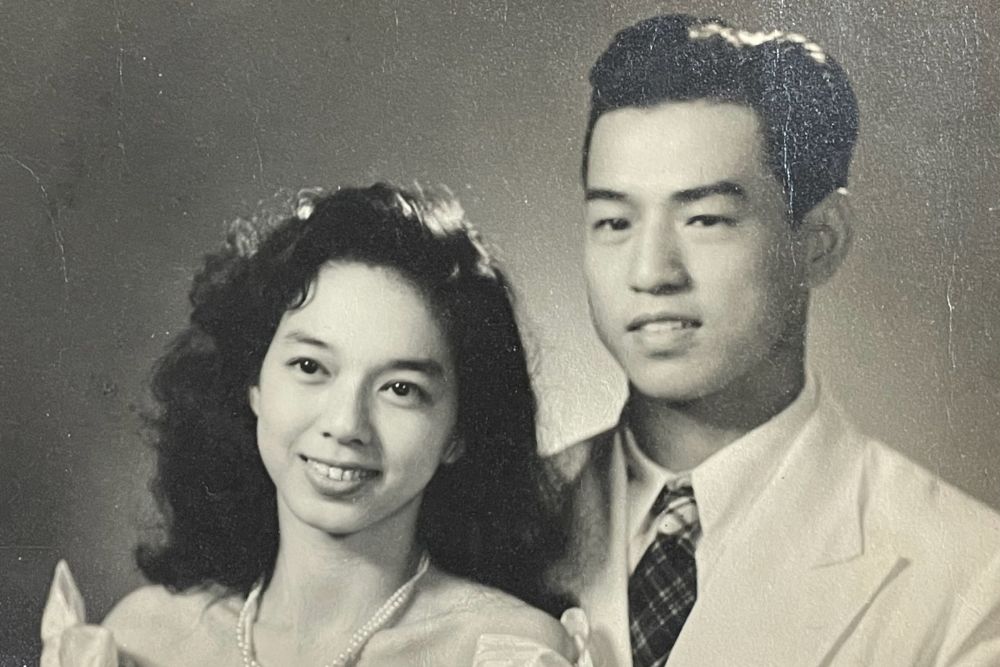
Credit: Kim Lee
Part of my parents’ resistance to eating whole foods was the amount of chewing meat and vegetables sometimes needed. Having dentures did not make it easy. I am going to keep my original teeth healthy for as long as possible.
- Stay playful
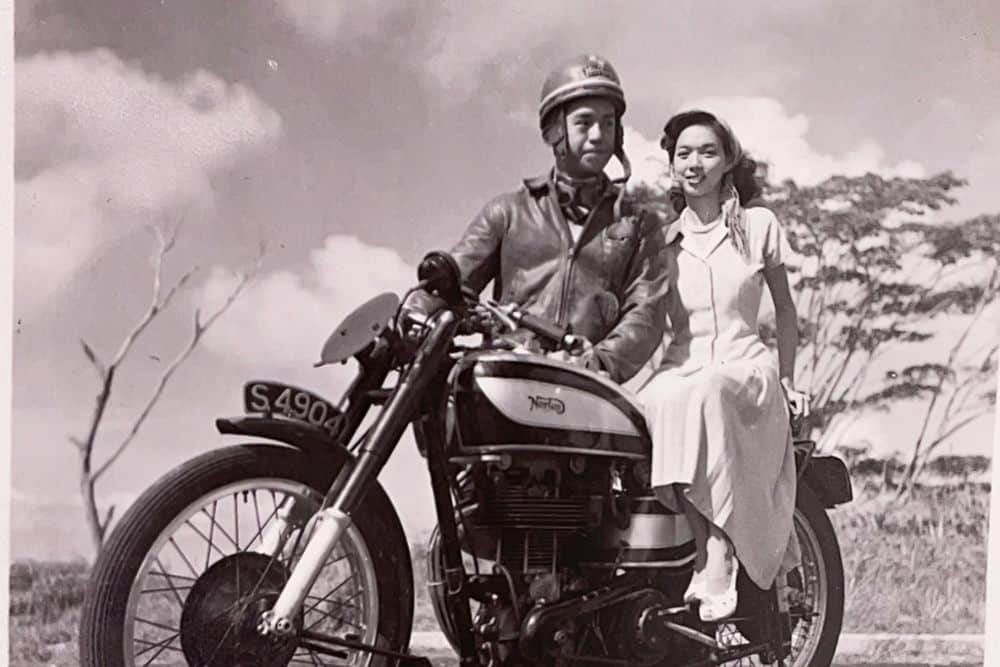
Credit: Kim Lee
It’s a joyful trait, and what is life but to seek joy in it? In their last years, it would put a smile on my face to see my parents engage in small acts of affection like a young courting couple, and it remains one of my fondest memories of them.
In that way, my father discovered his own answer to “don’t grow old”.
May we all find our own ways to “don’t grow old”.

